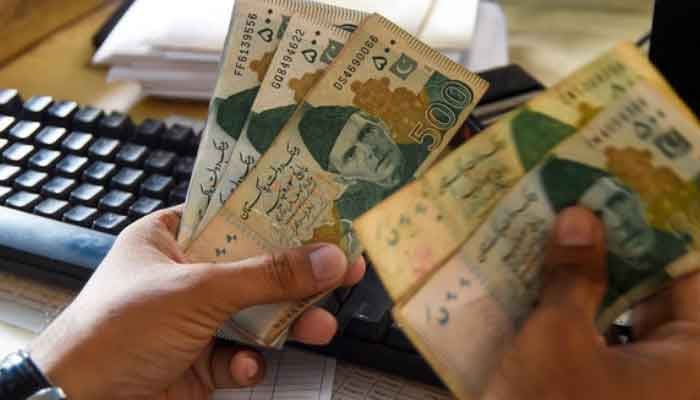Business
Rupee falls to historic low of 299 vs dollar
-

 Latest News2 days ago
Latest News2 days agoPakistani Internet: Everything you should know about “Africa-2” contemporary cables
-

 Business2 days ago
Business2 days agoWith its second-largest surge ever, PSX approaches 114,000 points.
-

 Latest News2 days ago
Latest News2 days agoAn NIH case of wild poliovirus was discovered in Balochistan, marking the 65th confirmed case of polio.
-

 Latest News2 days ago
Latest News2 days agoClimate-related challenges are growing in Pakistan, and the prime minister’s climate aide is advocating for gender-inclusive climate resilience.
-

 Entertainment2 days ago
Entertainment2 days agoHania Aamir reveals details about her troubled childhood.
-

 Latest News2 days ago
Latest News2 days agoThe PPP and PML-N will confer on power-sharing arrangements in Punjab today.
-

 Latest News2 days ago
Latest News2 days agoAn event for medical training is being held at CMH Peshawar, and Major General Masood is distributing awards.
-

 Latest News2 days ago
Latest News2 days agoWapda announces a revised timeline for the K-4 water project in Karachi.
























